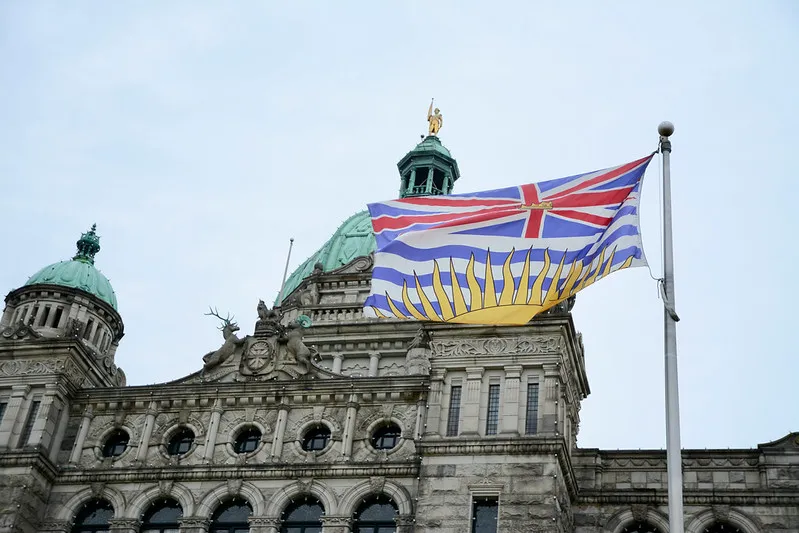CALGARY — A number of climate and energy policy research organizations, including the Pembina Institute, issued statements today in response to the Government of British Columbia releasing its updated oil and gas methane regulations.
MC Bouchard, director of the Pembina Institute’s oil and gas program said:
“B.C. is making progress today towards significantly reducing methane emissions from its oil and gas industry. This is crucial if its sector is to remain competitive in a world where low-emissions natural gas will very likely have preferred market access.
“While we are pleased to see the eventual phase-out of most methane-emitting pneumatic equipment, further restrictions on routine and non-routine venting, and requirements for continuous monitoring devices on production tanks, the new regulations still do not cover some important methane sources and some aspects will not apply to existing facilities until 2035, which is much later than national and international best practices. Given the current global momentum on methane reduction from other governments and industry, we welcome B.C.’s commitment to reviewing these regulations by the end of 2027 and urge B.C. to continue to strengthen its regulations progressively and predictably over time, which will also help to ensure adequate levels of compliance.
"We especially welcome the inclusion of best-in-class aerial measurement studies to inform emissions modeling and regulatory development. Given historical underestimation of methane emissions from oil and gas production, regulations that are based on the most accurate, timely data are most likely to be effective.”
Thomas Green, Senior Climate Policy Adviser, David Suzuki Foundation said:
"Today's regulations to reduce potent methane emissions from B.C. oil and gas show encouraging progress, but they leave out sources other jurisdictions are tackling, so they fall short of what's needed for maximum climate benefit. We need policy guided by best practice, evidence and accurate measurements, such as stronger restrictions on venting and zero methane emissions for pneumatic controllers. Let's use the two-year review to further strengthen these regulations."
Jon Goldstein, Senior Director, Regulatory and Legislative Affairs at Environmental Defense Fund said:
“B.C.'s regulation makes steps toward significantly reducing methane pollution, and helping Canada maintain its leadership position on oil and gas emissions. While there are a number of areas where the regulation could have aligned better with stronger measures in other jurisdictions, (including requirements on pneumatics and alternative leak detection technologies) we hope the promised two-year review will provide opportunities to bring B.C. in line with these provisions. As the federal government works to finalize strong standards, we are committed to engaging through the equivalency process to ensure that B.C.’s methane policy keeps pace with best practices from Canada and across the globe."
[30]
Contact
Alex Burton
Communications Manager, Pembina Institute
825-994-2558
Theresa Beer
Communications and Policy Specialist, David Suzuki Foundation
778-874-3396
Jon Goldstein
Senior Director, Regulatory and Legislative Affairs, Environmental Defence Fund
+1 505-603-8522 (Colorado)
Background
Submission to the British Columbia Energy Regulator: Reducing methane emissions from B.C.'s oil and gas sector
Blog: Methane state of play, Part 1: Policies and pathways
Blog: Methane state of play, Part 2: Measurement matters
Blog: Achievable and fair amendments to Canada's methane regulations
Blog: Newly adopted European Union methane regulations are a game-changer
Blog: Let’s get smarter about methane: the vital role of Canada’s Methane Centre of Excellence




